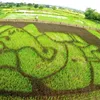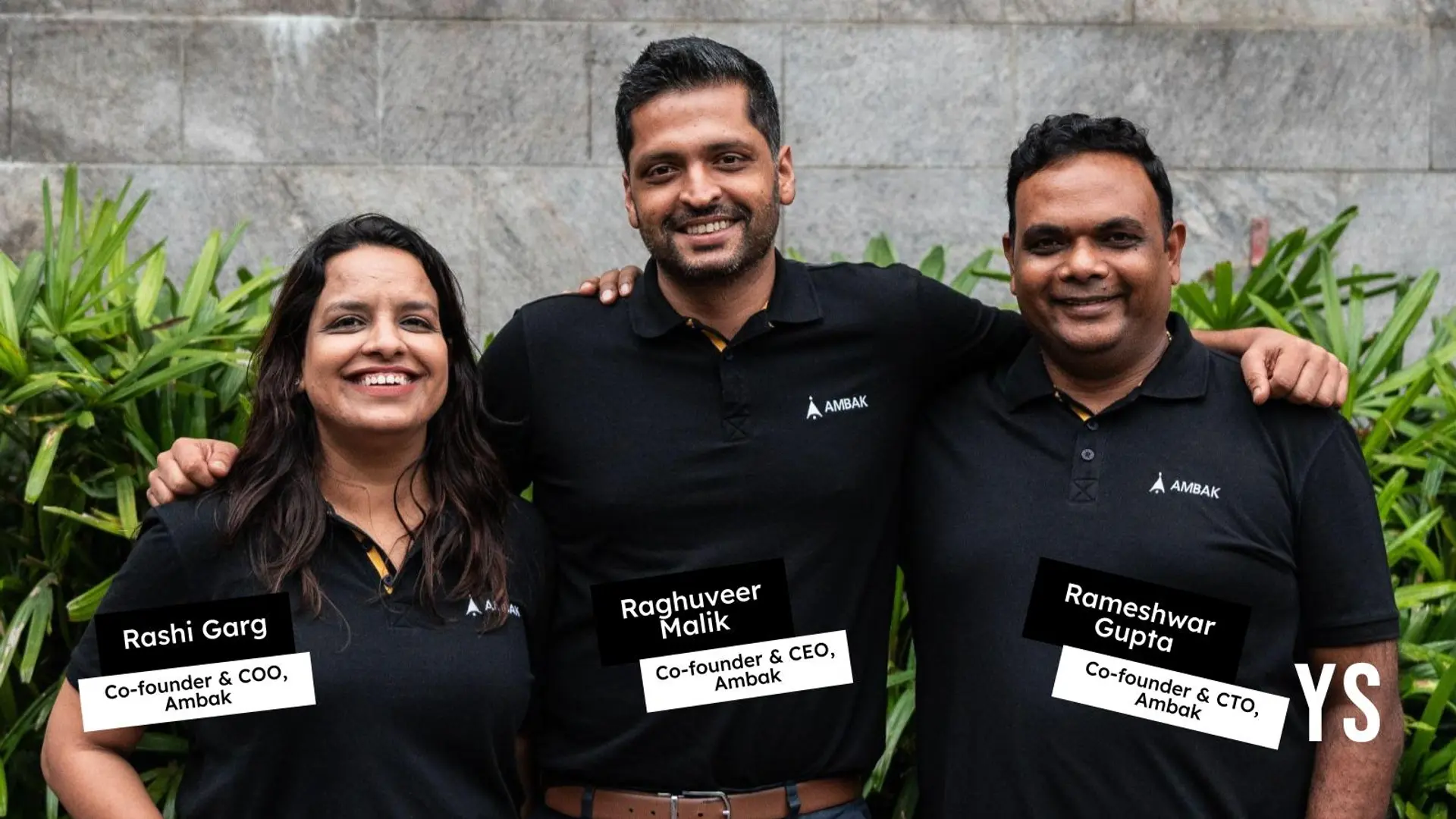This 55-year-old ‘Seed Mother’ is tackling malnutrition by preserving native seeds
Rahibai Soma Popere from Maharashtra has saved over 60 indigenous vegetables, 15 varieties of paddy, nine varieties of peas, and oilseeds among others.
Today, there is a growing concern over nutrition security in our country. As traditional plant foods in our diet are being replaced by hybrid crops and imported food varieties, which are usually lower in nutritional content, there is an increase in malnutrition.
According to a report by the United Nations (UN), India continues to have one of the world’s highest child undernutrition rates, impacting the child’s health and development.

Rahibai Soma Popere (Image: Village Square)
While governments and many organisations are taking steps to solve the problem, 55-year-old Rahibai Soma Popere has taken matter into her hands to save the native crop varieties, which she feels is the answer to this problem.
Hailing from Kombhalne, Maharashtra, Rahibai is also known as the ‘Seed Mother’ due to her efforts to save the indigenous plant varieties.
Today, after toiling for 20 years, Rahibai has saved over 60 indigenous vegetables, 15 varieties of paddy, nine varieties of peas, and oilseeds among others. Besides, the 55-year-old’s backyard seed garden houses 122 varieties of seeds of 32 different crops, according to Homegrown.
Apart from saving the indigenous seeds, Rahibai has more achievements to her credit. For instance, she founded the Kalsubai Parisar Biyanee Samvardhan Samiti, a self-help group for women, which encourages them to preserve native seeds and avoid hybrid varieties.
Speaking to Village Square about chemical-free farming, she said,
“Native crop varieties are not only drought and disease resistant, but are nutritive and retain the soil fertility as they do not need chemical fertilisers and excessive water.”
Moreover, practising chemical farming wasn’t yielding any good results, and children in her village had become weak due to lack of proper nutrition.
According to Rahibai, over the years, the general immunity of people in her village had degraded after they started consuming vegetables and food grains grown using hybrid seeds, chemicals, and fertilisers.

Rahibai being facilitated by MITTR for her contribution to the farming sector (Image: Village Square)
However, before taking up this initiative, she used to work as a labourer. Coming from a drought-ridden village, Rahibai’s family used to farm only during monsoon, and with time, the family members soon migrated to nearby suburbs to work as labourers.
This wasn’t acceptable for Rahibai, and hence she decided to invest her time and efforts to convert a two-acre land into fertile land for agriculture. The 55-year-old made her own water harvestings systems like the farm pond and the traditional jalkund, reports Efforts For Good.
Thanks to the Maharashtra Institute of Technology Transfer for Rural Areas (MITTR), she learnt the vital techniques to develop her backyard nursery.
She says, her efforts in adopting new farming techniques have yielded in an increase of 30 percent in her cultivation.
Today, Rahibai is training farmers and students on ways to select seeds, and is also conducting sessions to improve soil fertility and pest management. She is also providing seeds from her backyard to farmers for switching to native varieties.
After seeing success, Rahibai is now planning to help 25,000 households establish kitchen gardens to secure the nutritional value of the family. She also wants to conserve and promote sustainable use of 250 varieties of crops.
Her efforts also got her featured in a BBC documentary. Besides, Rahibai also shot to fame early this year when Indian filmmaker Achyutanand Dwivedi shot a movie titled ‘Seed Mother’, which won an award at the Cannes Film Festival. Besides, it also won third prize at Nespresso Talents 2019.
(Edited by Megha Reddy)
Do you have an interesting story to share? Please write to us at [email protected].To stay updated with more positive news, please connect with us on Facebook and Twitter.









